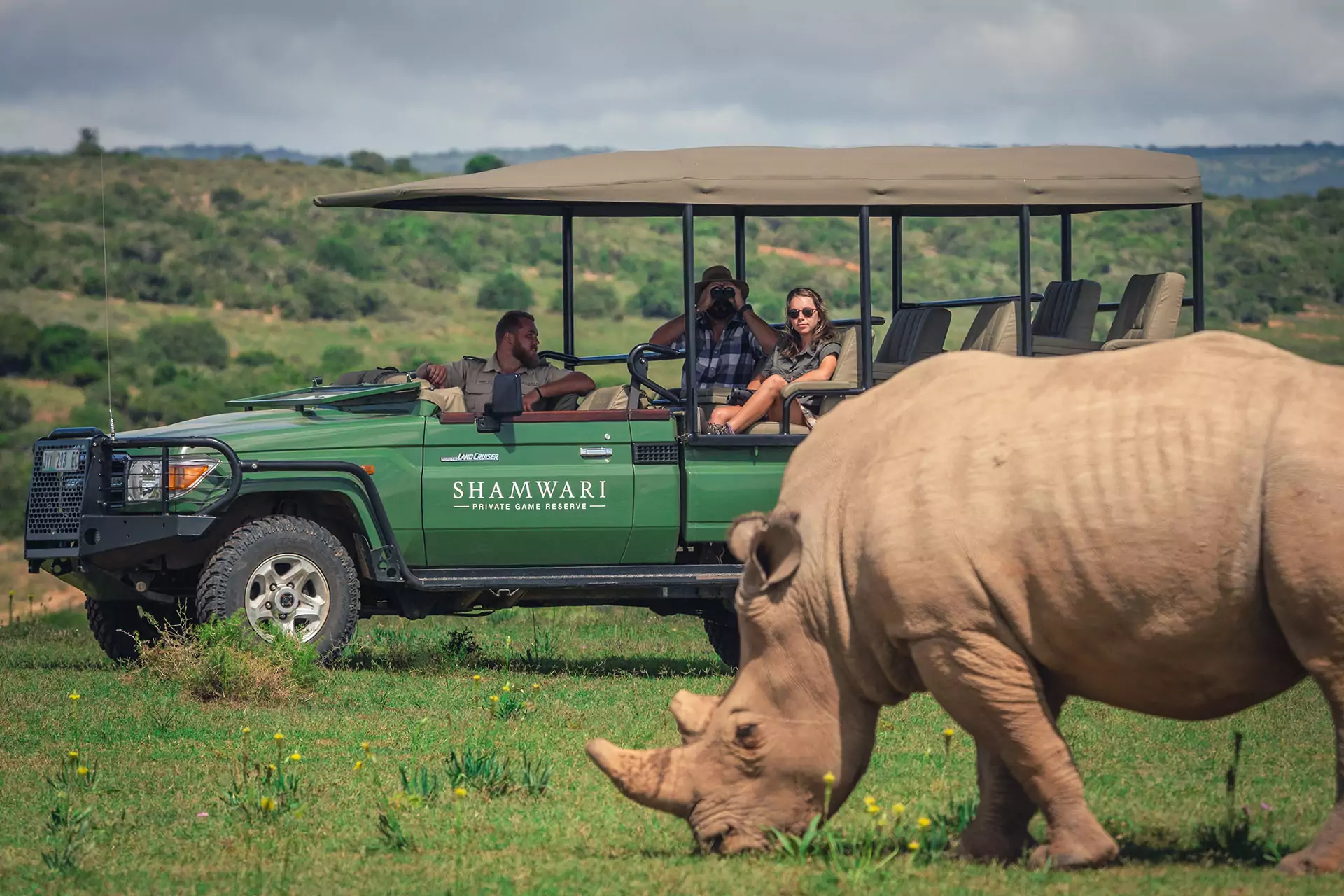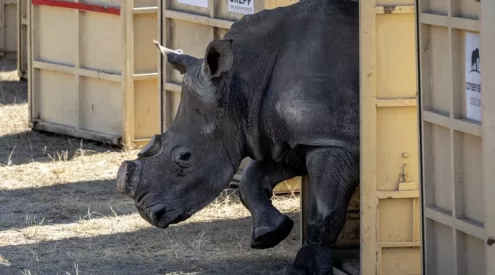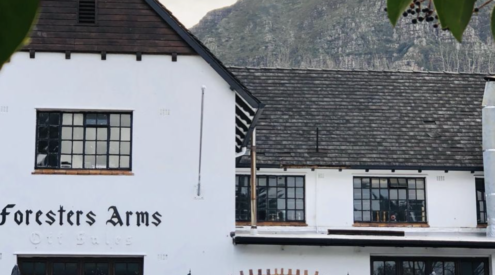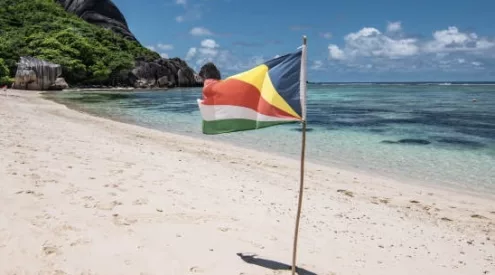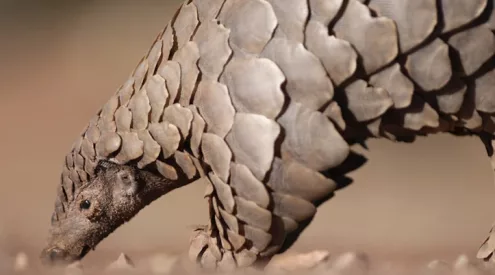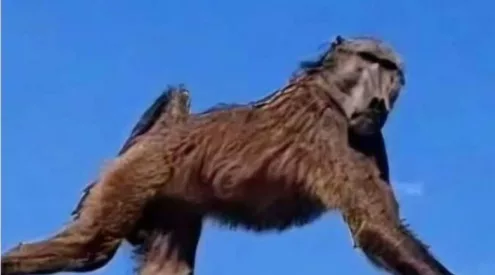As of 2023, eco-tourism is one of the most influential trends within the travel community. The market creates around 5 000 jobs in South African safari industry alone. So, it is no surprise that thousands of others dedicate their lives to preserving Africa.
Safaris and wildlife tours are at the forefront of this growing and essential craze. But the safari industry has a rich, fascinating, and moving history. From Roosevelt’s venture to the making of national parks, safaris have seen a share of tales.
If you want to uncover more about wildlife conservation and the history of safaris, read on until the end.
ALSO READ: Unwind in nature: a guide to the best camping sites in Limpopo
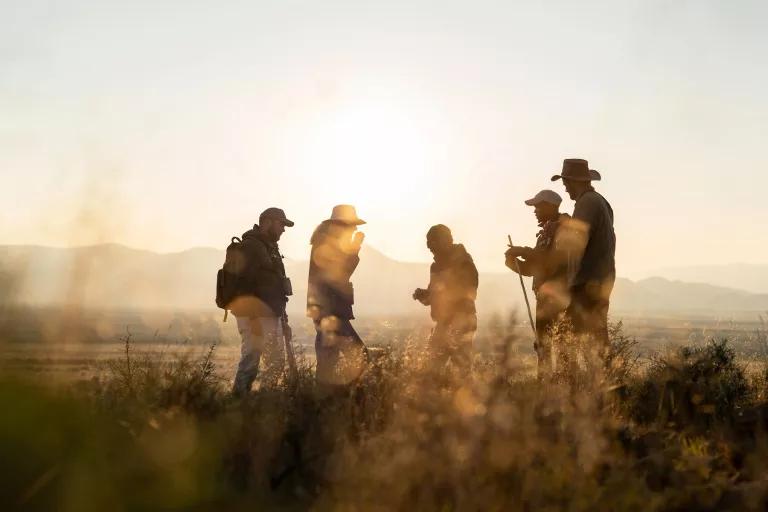
African Safaris Exploitation
Historically, safaris were organised for the benefit of colonial powers. Or for wealthy people seeking adventure and trophies.
Unfortunately, their expeditions often involved hunting for big games. Some of the most desired animals were:
- Elephants
- Lions
- Rhinos
- Buffalo
- Leopards
- Hyenas
Teddy Roosevelt was among the first known names globally to participate in the pastime. However, he and his team killed a shocking 512 animals on his voyage in 1909. Contrary to the popular belief that he was here to protect nature.
Large-scale trophy hunting, poaching, and habitat destruction were popular practices. Over time, this severely threatened wildlife populations and local ecosystems.
The Birth of Conservation
Concerns grew over declining wildlife populations and ecological imbalances caused by hunting methods. Thus, the early 20th century saw the emergence of conservation movements.
Visionary groups like the Boone and Crockett Club were pivotal in backing conservation. Their most notable offering was the creation of some of the 300+ African national parks.
The Start of Conservation Safaris
In the 20th century, safaris shifted from hunting to wildlife observation and photography. People began to recognise the value of animals in their homes without causing harm. This shift laid the foundation for eco-tourism and the modern safari industry.
In the second half of the 20th century, conservation safaris gained momentum. The governments created private reserves to protect species and their habitats.
Albert National Park was Africa’s first national park. It officially opened on 21 April 1925.
Operators have started embracing sustainable work, emphasising the minimal impact of the setting. In addition, they promoted local community involvement and benefits.
Focus on Responsible Tourism and Ethical Travel
Today, the safari industry is one of the most unique African experiences. A key reason is that it has an emphasis on sustainable travel operations.
Many operators strive to reduce their ecological footprint by adopting eco-friendly measures. The most vital ones are low-energy lodging, waste cutbacks, and responsible water usage.
Tourism fees and revenue are often reinvested in wildlife protection. The money also goes towards anti-poaching efforts and local development projects.
The most popular safari countries are :
- South Africa
- Botswana
- Kenya
- Rwanda
- Tanzania
- Uganda
- Zambia
Together, the safari industry in these nations yields 12.4 billion USD yearly.
Wildlife Conservation Companies
Many safari operators collaborate with conservation organisations. They all have one aim. This is to support ongoing wildlife research and protection initiatives.
These partnerships use data, scientific studies, and awareness campaigns to address conservation challenges.
As of 2023, there are 330 African safari tour operators. Each strives to protect endangered species, mitigate human-wildlife conflicts, and promote environmental education. By working with governmental bodies, the company supports the long-term conservation of Africa.
Much-needed safari companies need to continue the preservation of wildlife. According to recent studies, poaching is worth up to $23 million yearly. Moreso, 1000 endangered species are victims of this pitiful industry daily.
In return, this will ensure coexistence between humans and wildlife. Most importantly, it promotes the value of nature and its essential role in the ecosystem.
Discover Africa and the Safari Industry
The safari industry appears to be a positive and caring market. But if you scratch beneath the surface, you will find a dark yet fascinating history.
Luckily, the world has come a long way in the last couple of centuries. Today, we can preserve mother nature and protect the wildlife that needs support.
You can help with the mission of hundreds of groups with a bucket-list trip. So find a responsible safari that lets you ethically travel to this postcard area of the world.
Follow us on social media for more travel news, inspiration, and guides. You can also tag us to be featured.
TikTok | Instagram | Facebook | Twitter
ALSO READ: Dark skies & Wild roars: Astrotourism in Safari destinations


